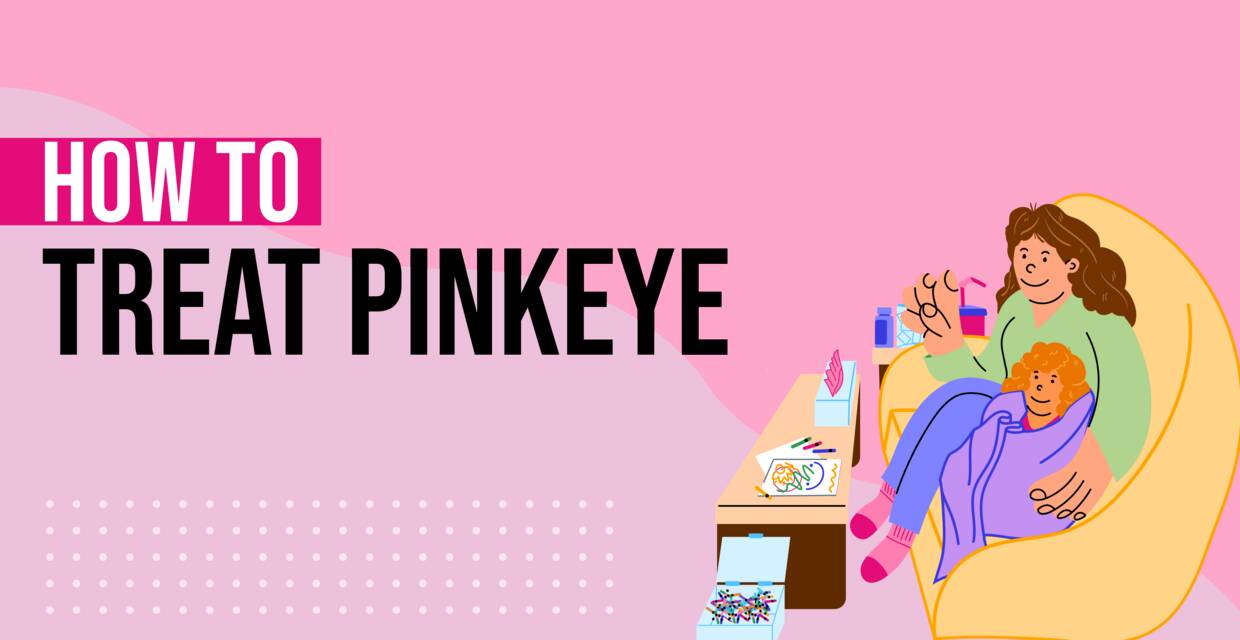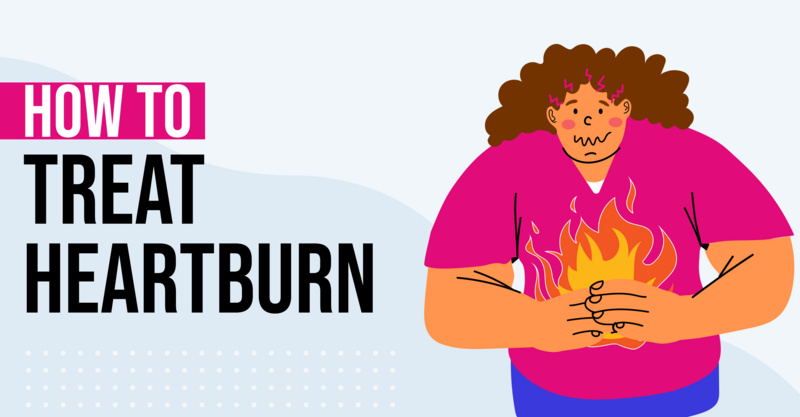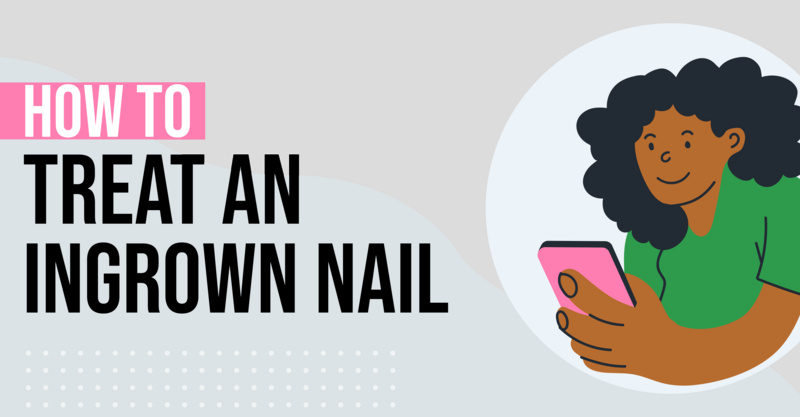Key Points
- Pink eye, or conjunctivitis, is a common eye condition that often resolves on its own, but can be managed with home remedies like compresses and over-the-counter eye drops.
- It's important to avoid using contact lenses and breastmilk as treatments for pink eye, as these can potentially worsen the condition.
- If symptoms persist for more than a week, worsen, or are accompanied by other signs of infection, it's advised to see a doctor.
- Preventing the spread and recurrence of pink eye involves good hygiene practices like changing pillowcases and towels daily, frequent hand washing, and not sharing personal items.
- The elderly, young children, and those with weakened immune systems are at a higher risk for complications from pink eye and should seek immediate medical attention.
If you have a red, itchy, and watery eye, you may be dealing with a condition called conjunctivitis (commonly known as pink eye). This common eye infection can be caused by a virus, bacteria, or allergies, according to the Mayo Clinic. While it can be uncomfortable (and sometimes contagious), the good news is that pink eye is usually not serious and will go away on its own within a week or two, according to the American Academy of Ophthalmology (AAO). Below you’ll find more about how you can treat pink eye at home, and when you should consider going to see a doctor.
What to do When You Have Pink Eye
No matter what is causing your pink eye, home treatment remains the same, according to WebMD.
1. Use a Compress
Use a cloth that is wet with either cool or warm water, then wrung out and place over the affected eye for 10-15 minutes at a time. Some people find a cool compress feels best, while others prefer a warm compress. Try both to see which one provides you with the most relief. It is important to keep the cloth away from your unaffected eye, according to WebMD, because you may spread the pink eye infection to your other eye if you do.
WebMD also notes to be careful that you don’t make your compress too hot or press too hard on your eye. You can use a compress several times a day until your eye feels and looks better.
2. Use Eye Drops
Over-the-counter eye drops can help with itching and soothe irritation, according to the CDC. WebMD suggests that you look for eye drops that are “lubricating” or “artificial tears”, while avoiding eye drops that treat “red eyes”. Keeping your eye drops in the refrigerator can also help soothe your eye irritation.
3. Skip Wearing Your Contacts Until You’re Better
If you wear contact lenses, the CDC recommends that you switch back to your glasses until your pink eye infection clears up. Contacts can be very irritating when you have pink eye, and if your pink eye infection is caused by bacteria, wearing contacts can spread the infection.
4. Take Over-the-Counter Pain Medication
Pink eye is uncomfortable and can become painful at times. If you’re experiencing any pain during your bout of pink eye, the AAO recommends that you be seen by an eye specialist.
Avoid Putting Breastmilk in Your Eyes
The AAO and the Mayo Clinic both note that breastmilk is not an effective treatment for pink eye. There is no evidence to suggest that breastmilk helps at all, and there is some evidence that suggests it can actually make an infection worse since bacteria thrive in sugar, and breast milk contains sugar.
When to see a Doctor
Although many cases of pink eye go away on their own within a week or two, there are some cases that require medical intervention. According to the AAO, these are the symptoms that you need to look out for when considering whether to go in or not:
- Pain or trouble seeing
- Sensitivity to light
- Symptoms that last more than a week without getting better or that get worse
- Your eye is producing a lot of pus or mucus
- Other symptoms of an infection, like a fever or feeling achy
How to Protect Yourself From Pink Eye
Pink eye is usually caused by bacteria and is contagious, according to the CDC (although it can sometimes be caused by allergies, which are not contagious). Here are prevention strategies from the AAO that you can use to prevent the spread of pink eye:
- Change pillowcases and sheets every day for anyone who has an active pink eye infection
- Use a fresh towel every day
- Wash your hands often, especially after you touch your eyes
- Don't wear your contact lenses until your eyes are back to normal
- Don't share anything that touches your eyes
Preventing Future Recurrences
To prevent future recurrences of pink eye, it's important to practice good hygiene habits. Here are some tips from WebMD:
- Wash your hands frequently with soap and water, especially before touching your eyes or face
- Avoid touching your eyes with your hands, as this can introduce bacteria or viruses into your eyes
- Avoid sharing personal items such as towels, washcloths, and makeup with others
- If you wear contact lenses, follow proper hygiene practices such as washing your hands before handling your lenses and properly cleaning and storing them
- If you have allergies, take steps to manage them to reduce the risk of developing allergy-induced pink eye
A Final Note About Pink Eye
The AAO notes that the elderly, young children and those who have a weakened immune system are more likely to experience complications from pink (which can include a deeper or more serious infection). The AAO recommends that people in these categories see a doctor right away instead of treating the pink eye at home.
Going to an urgent care clinic is a great option for those who need medical treatment for pink eye. Find an urgent care near you and book a same-day or next-day appointment with Solv.
Frequently asked questions
What is pink eye and what causes it?
Pink eye, also known as conjunctivitis, is an eye condition characterized by redness, itchiness, and watery eyes. It can be caused by a virus, bacteria, or allergies.What are some home remedies for pink eye?
Some home remedies for pink eye include using a compress, over-the-counter eye drops, and taking over-the-counter pain medication.What should I avoid doing if I have pink eye?
If you have pink eye, you should avoid using contact lenses and breastmilk as treatments, as these can potentially worsen the condition.When should I see a doctor for pink eye?
You should see a doctor if your pink eye symptoms persist for more than a week, worsen, or are accompanied by pain, difficulty seeing, sensitivity to light, excessive pus or mucus, or other signs of infection.How can I prevent the spread and recurrence of pink eye?
To prevent the spread and recurrence of pink eye, practice good hygiene. This includes changing pillowcases and towels daily, washing your hands frequently, and avoiding sharing personal items.Who is at a higher risk for complications from pink eye?
The elderly, young children, and those with weakened immune systems are at a higher risk for complications from pink eye and should seek immediate medical attention.Can pink eye resolve on its own?
Yes, pink eye often resolves on its own within a week or two.Can breastmilk be used as a treatment for pink eye?
No, using breastmilk as a treatment for pink eye is not recommended as it can potentially worsen the infection.
Solv has strict sourcing guidelines and relies on peer-reviewed studies, academic research institutions, and medical associations. We avoid using tertiary references.


 LinkedIn
LinkedIn










